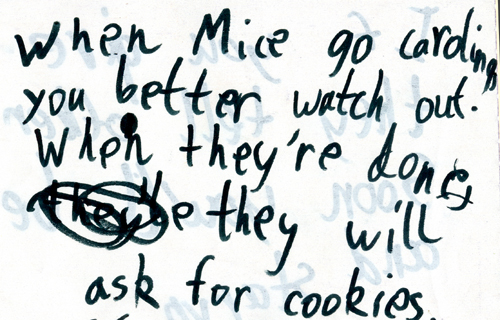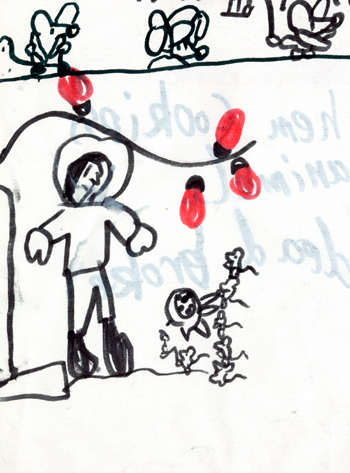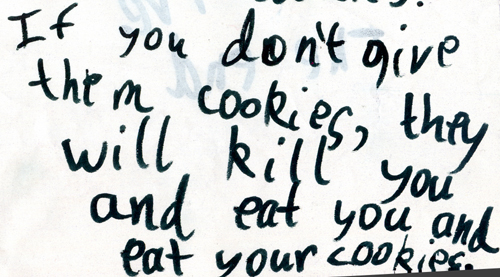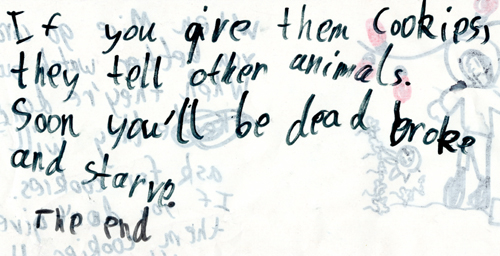Because, it seems, the younger Free-Ride offspring and I have different ideas of what counts as fair.
Younger Free-Ride offspring: (noticing a song on the radio) Hey, it’s “Poker Face”. That song is really old.
Dr. Free-Ride: Yes.
Younger Free-Ride offspring: It must be like 15 years old.
Dr. Free-Ride: No, it’s not.
Younger Free-Ride offspring: Yes, it is!
Dr. Free-Ride: Do you want to bet?
Younger Free-Ride offspring: OK, I’ll bet you a dollar.
Dr. Free-Ride: You sure now? I’m going to fire up Wikipedia to verify the date. And I’m quite sure that the song is no more than five years old.
Younger Free-Ride offspring: Go ahead and check. And if I’m right, lets make it two bucks?
Dr. Free-Ride: What?
Younger Free-Ride offspring: Just look it up. If it’s older than five years, I win, if it’s less, you win.
Dr. Free-Ride: OK. See, it came out in 2008, which means it’s only three years old. Will you be paying me my dollar now or later?
Younger Free-Ride offspring: That’s no fair! You knew it was less than five years old.
Dr. Free-Ride: Yes, I did. That’s why I was willing to bet on it.
Younger Free-Ride offspring: But I didn’t know that you knew.
Dr. Free-Ride: But I told you I was certain.
Younger Free-Ride offspring: I thought you were wrong that you knew it. And it wasn’t fair for you to bet me if you knew the answer for sure.
So, apparently, taking a gamble with too little uncertainty attached to it is unfair. Or maybe my crime is having absorbed some facts about young-person music.
* * * * *
Speaking of fairness, I don’t think it’s fair for public school kids to bear so much of the brunt of failing state and local budgets. If you agree, it would be awesome if you could donate even a few bucks to one of the projects in my giving page for the DonorsChoose Science Bloggers for Students 2011 drive.
And, for the next week, through the very last moment (Eastern Time) of Thursday, October 13th, bloggers in the challenge will be competing to get the most new donors to their giving pages. The five bloggers in the challenge who pick up the most new donors during this window will each receive a $50 gift certificate for ThinkGeek stuff.
I love ThinkGeek stuff, but I love reader participation even more — which means, if you all can help me get to the top five so I can win that gift certificate, I’m going to turn around and give each of my donors a chance to win one, too! I’m prepared to give away a $50 gift certificate, a $25 gift certificate, and a $10 gift certificate to randomly drawn donors to my giving page (because that would be fair). Just forward me a copy of the email DonorsChoose sends you to confirm your donation to my giving page and you’re in the drawing.
There may be some other incentives for your participation, too … stay tuned!





